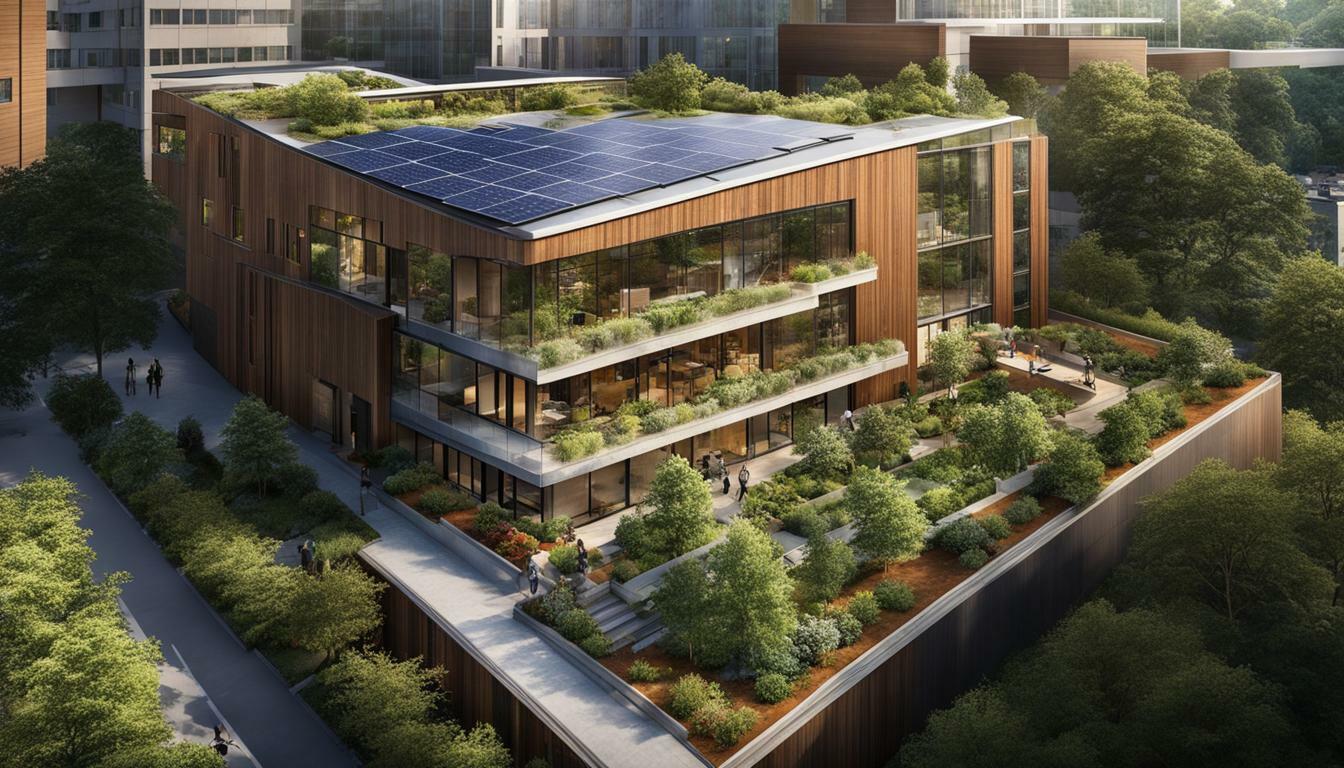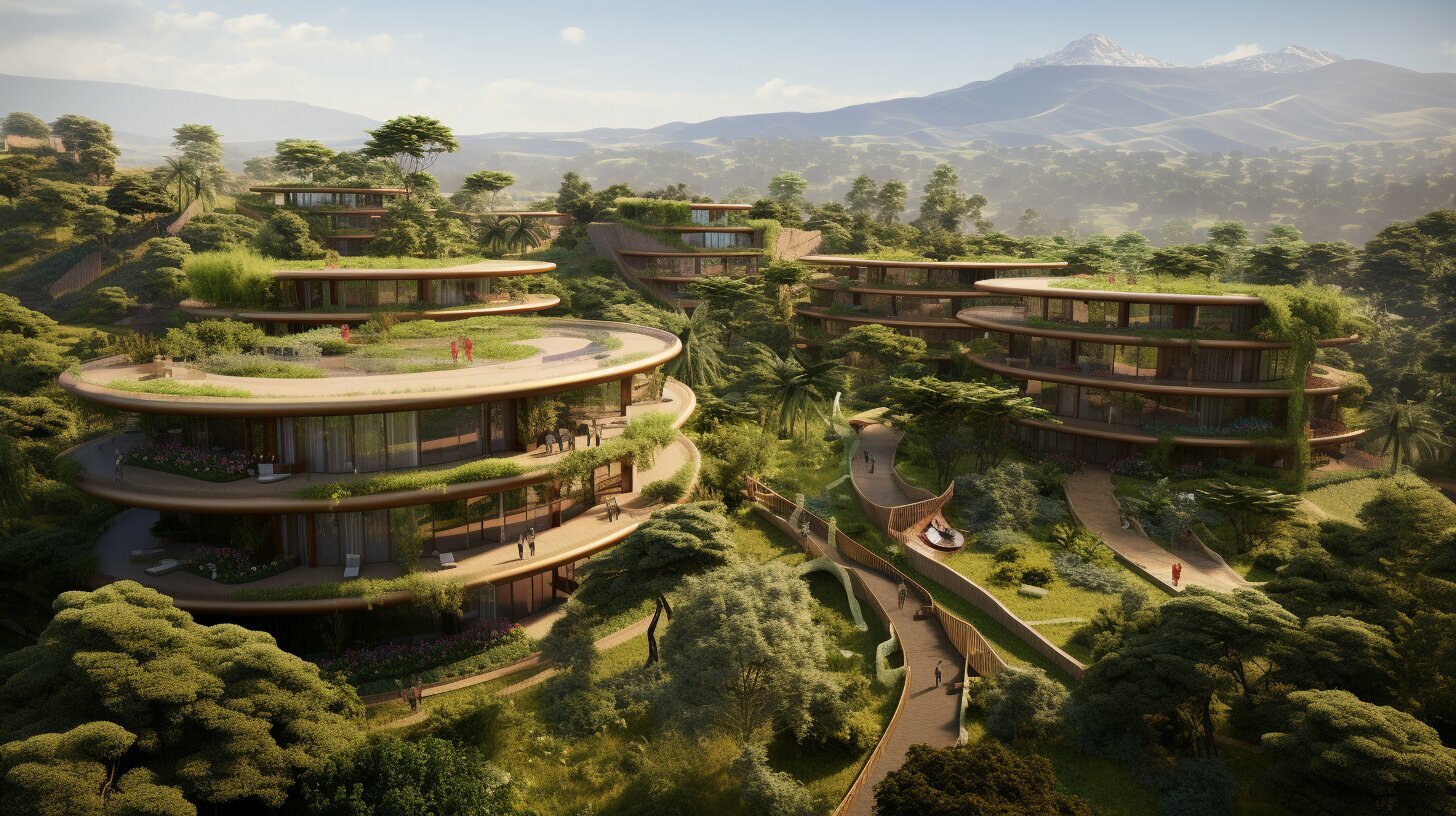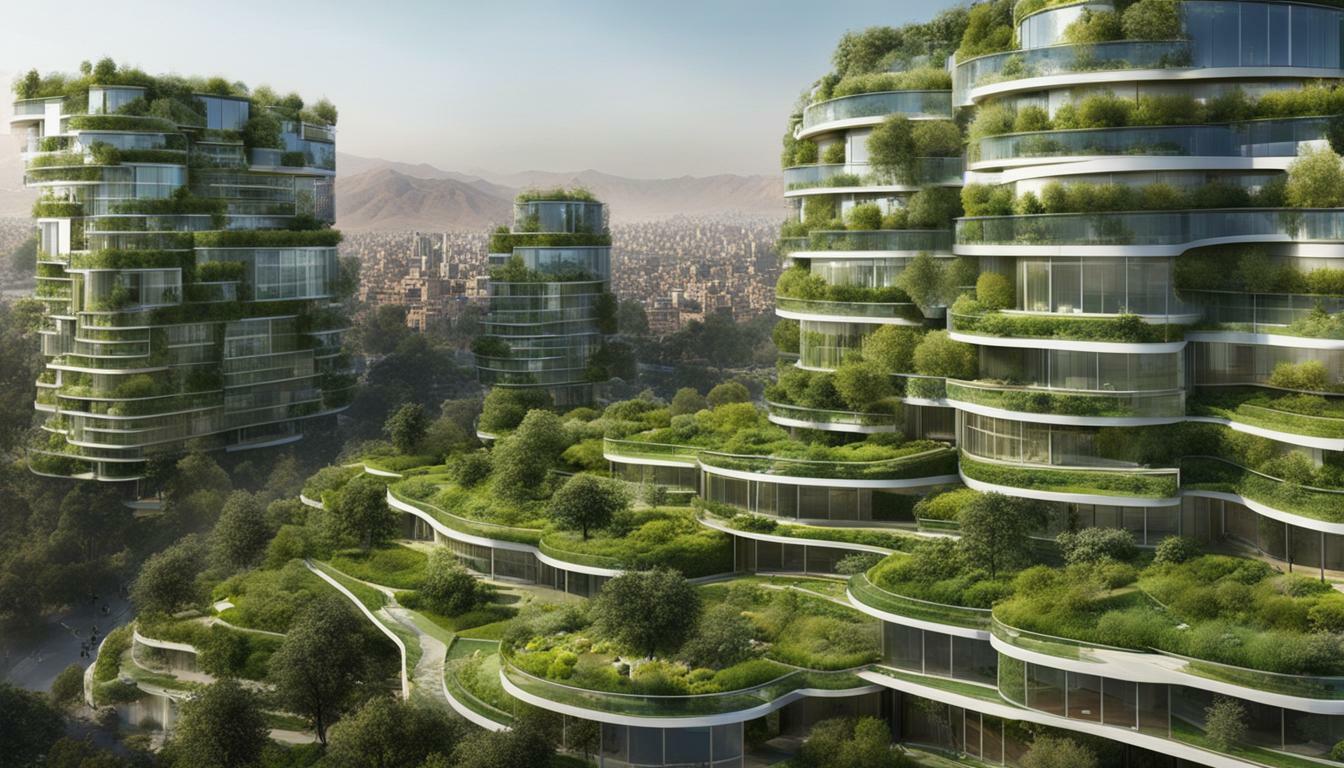Gabon Green Building History
Gabon has a rich history of sustainable construction and green architecture, making it a leader in eco-friendly building practices in Africa. The country has made significant strides in promoting environmentally conscious construction methods and has implemented numerous initiatives to support sustainable development.
Key Takeaways:
- Gabon is known for its sustainable construction practices and green architecture.
- The country has signed an agreement with Africa Bright Development for the construction of two eco-responsible buildings in Libreville.
- The buildings will be made from local materials and powered by solar energy.
- Gabon’s green city project aims to create natural spaces, amusement parks, and environmentally friendly housing.
- Other African capitals, like Kigali, are also working towards becoming green cities.
Eco-Friendly Buildings in Gabon
Gabon is at the forefront of eco-friendly building design, with several notable examples of environmentally sustainable buildings in the country. One such example is the recent agreement between Gabon and Africa Bright Development for the construction of two eco-responsible buildings in Libreville as part of the green city project. These buildings will be made from local materials, showcasing Gabon’s commitment to sustainable construction practices and reducing carbon footprint.
The eco-responsible buildings in Libreville will be powered by solar energy, enabling residents to reduce their electricity and water bills. The project aims to create a harmonious blend of natural spaces, amusement parks, and environmentally friendly housing. By incorporating renewable energy sources and utilizing local resources, Gabon is setting an example for other African capitals and demonstrating its dedication to building a greener future.
However, Gabon is not without its challenges in the pursuit of eco-friendly construction. Self-building with concrete blocks and corrugated metal roofs, which require mechanical cooling, has unintended consequences. These practices result in buildings that are neither energy-efficient nor comfortable. Additionally, barriers to land ownership and entitlement contribute to informal settlements and limited access to higher-quality compact development.
Despite these challenges, Gabon’s commitment to eco-friendly building initiatives remains strong. The country recognizes the importance of sustainable construction practices in achieving a more environmentally conscious future. Through projects like the green city initiative in Libreville, Gabon continues to pave the way for a greener and more sustainable Africa.

| Benefits of Eco-Friendly Buildings in Gabon | Challenges and Solutions |
|---|---|
|
|
Sustainable Construction Practices in Gabon
Gabon has embraced sustainable construction practices, aiming to achieve long-term sustainable development through eco-construction techniques and the use of environmentally friendly materials. The country’s commitment to eco-construction is evident in its recent agreement with Africa Bright Development for the construction of two eco-responsible buildings as part of its green city project in Libreville. These buildings, made from local materials and powered by solar energy, will not only reduce residents’ electricity and water bills but also contribute to creating natural spaces, amusement parks, and environmentally friendly housing.
One of the key initiatives in Gabon’s sustainable construction practices is the verification of its buildings by the International Finance Corporation’s Excellence in Design for Greater Efficiencies (EDGE) label. This label ensures that the buildings meet certain sustainability criteria, including energy efficiency, water conservation, and reduced carbon emissions. By adhering to these standards, Gabon is able to showcase its commitment to green architecture and sustainable development.
However, Gabon also faces challenges in its pursuit of sustainable construction. One of the unintended consequences of self-building in the country is the use of concrete blocks and corrugated metal roofs, which require mechanical cooling and are neither lean nor comfortable. These practices hinder the country’s efforts to promote energy efficiency and sustainable housing. Additionally, barriers to land ownership and entitlement result in informal settlements and limited access to higher-quality compact development, further impeding the progress of sustainable construction in Gabon.
Sustainable Construction Practices in Gabon
Gabon’s sustainable construction practices prioritize energy efficiency, environmental responsibility, and the use of locally sourced materials. The country has been exploring innovative techniques to reduce its carbon footprint and promote sustainable development. Some of these practices include:
- Using renewable energy sources, such as solar power, to reduce reliance on non-renewable resources and lower carbon emissions.
- Incorporating green roofs and vertical gardens into building designs to improve insulation, reduce energy consumption, and enhance air quality.
- Implementing rainwater harvesting systems to reduce water usage and promote sustainable water management.
- Using sustainable building materials, such as bamboo and recycled materials, to minimize environmental impact and promote resource conservation.
Gabon’s commitment to sustainable construction practices not only benefits the environment but also contributes to the country’s long-term economic and social development. By embracing eco-construction techniques and promoting environmentally friendly materials, Gabon sets an example for other nations in the region and paves the way for a more sustainable future.

| Advantages of Sustainable Construction in Gabon | Challenges of Sustainable Construction in Gabon |
|---|---|
| Reduces carbon emissions | Self-building practices using unsustainable materials |
| Creates energy-efficient buildings | Barriers to land ownership and entitlement |
| Promotes resource conservation | Limited access to higher-quality compact development |
| Improves indoor air quality |
Challenges and Barriers to Green Building in Gabon
Despite its significant progress in green architecture, Gabon faces challenges and barriers in the adoption of sustainable building practices, including issues related to self-building and land ownership. Self-building with concrete blocks and corrugated metal roofs has unintended consequences, as these materials require mechanical cooling, making them neither lean nor comfortable. This not only increases energy consumption but also contributes to a less sustainable built environment. Additionally, limited access to higher-quality compact development resulting from barriers to land ownership and entitlement has led to informal settlements, further hindering the implementation of sustainable building practices in Gabon.
In order to overcome these challenges, it is crucial for Gabon to promote awareness and education about sustainable building practices. This can be achieved through partnerships with international organizations and local communities to provide training programs and workshops on eco-construction techniques, emphasizing the use of sustainable building materials.

Furthermore, the government should implement policies and regulations that incentivize and mandate the adoption of green building practices. This could include offering tax benefits to developers who construct environmentally friendly buildings or requiring new construction projects to meet specific sustainability criteria.
Key Challenges and Barriers:
- Limited access to sustainable building materials
- Inadequate awareness and education about sustainable construction
- Barriers to land ownership and entitlement
- Informal settlements and lack of compact development
Addressing these challenges and barriers will not only contribute to a more sustainable built environment in Gabon but also generate economic opportunities and improve the quality of life for its residents. By embracing green building practices and overcoming these obstacles, Gabon can continue to lead the way in sustainable construction and contribute to a greener future for the country and the planet.
| Challenges | Solutions |
|---|---|
| Limited access to sustainable building materials | Government support for local production and distribution of sustainable materials |
| Inadequate awareness and education about sustainable construction | Partnerships with international organizations and local communities to provide training programs and workshops |
| Barriers to land ownership and entitlement | Policy reforms to streamline land ownership processes and provide equitable access |
| Informal settlements and lack of compact development | Promotion of affordable housing and compact urban planning |
Conclusion
Gabon’s green building history has paved the way for sustainable construction practices, making it a model for eco-construction and the use of sustainable building materials in Africa. The recent agreement with Africa Bright Development to construct two eco-responsible buildings in Libreville is a testament to Gabon’s commitment to environmentally friendly housing and its efforts to reduce electricity and water consumption. These buildings, made from local materials and powered by solar energy, will not only contribute to a greener future but also help residents save on utility bills.
In line with the International Finance Corporation’s Excellence in Design for Greater Efficiencies (EDGE) label, Gabon’s green city project in Libreville aims to create natural spaces, amusement parks, and environmentally friendly housing. It is a significant milestone towards achieving sustainable development and fostering a more eco-conscious society in Gabon.
However, Gabon still faces challenges and barriers in its pursuit of green architecture. Self-building practices often result in the use of concrete blocks and corrugated metal roofs that require mechanical cooling. These materials are not energy-efficient and do not provide optimal comfort. Additionally, limited access to land ownership and entitlement contribute to informal settlements and hinder the development of higher-quality compact housing.
Despite these challenges, Gabon remains dedicated to promoting eco-construction and the use of sustainable building materials. By addressing these barriers and leveraging its green building history, Gabon has the potential to drive sustainable construction practices not only within its borders but also across the African continent.
FAQ
What is the significance of Gabon’s green building history?
Gabon’s green building history highlights the country’s commitment to sustainable construction practices and eco-friendly architecture. It contributes significantly to sustainable development in Gabon.
Can you provide examples of eco-friendly buildings in Gabon?
One example is the recently signed agreement with Africa Bright Development for the construction of two eco-responsible buildings in Libreville. These buildings will be made from local materials and powered by solar energy, showcasing Gabon’s dedication to environmentally friendly housing.
What are some sustainable construction practices implemented in Gabon?
Gabon has adopted sustainable construction practices that prioritize energy efficiency and reduce environmental impact. These include the use of sustainable building materials and innovative techniques that contribute to Gabon’s sustainable development goals.
What challenges and barriers does Gabon face in green building?
Gabon faces challenges such as self-building practices with concrete blocks and corrugated metal roofs that require mechanical cooling, which are neither lean nor comfortable. Barriers to land ownership and entitlement also result in informal settlements and limited access to higher-quality compact development.
What is the conclusion of Gabon’s green building history?
Gabon’s green building history is crucial for sustainable construction practices and the use of eco-friendly materials. Continued efforts in promoting eco-construction and sustainable building practices are essential for a more environmentally conscious future in Gabon.








